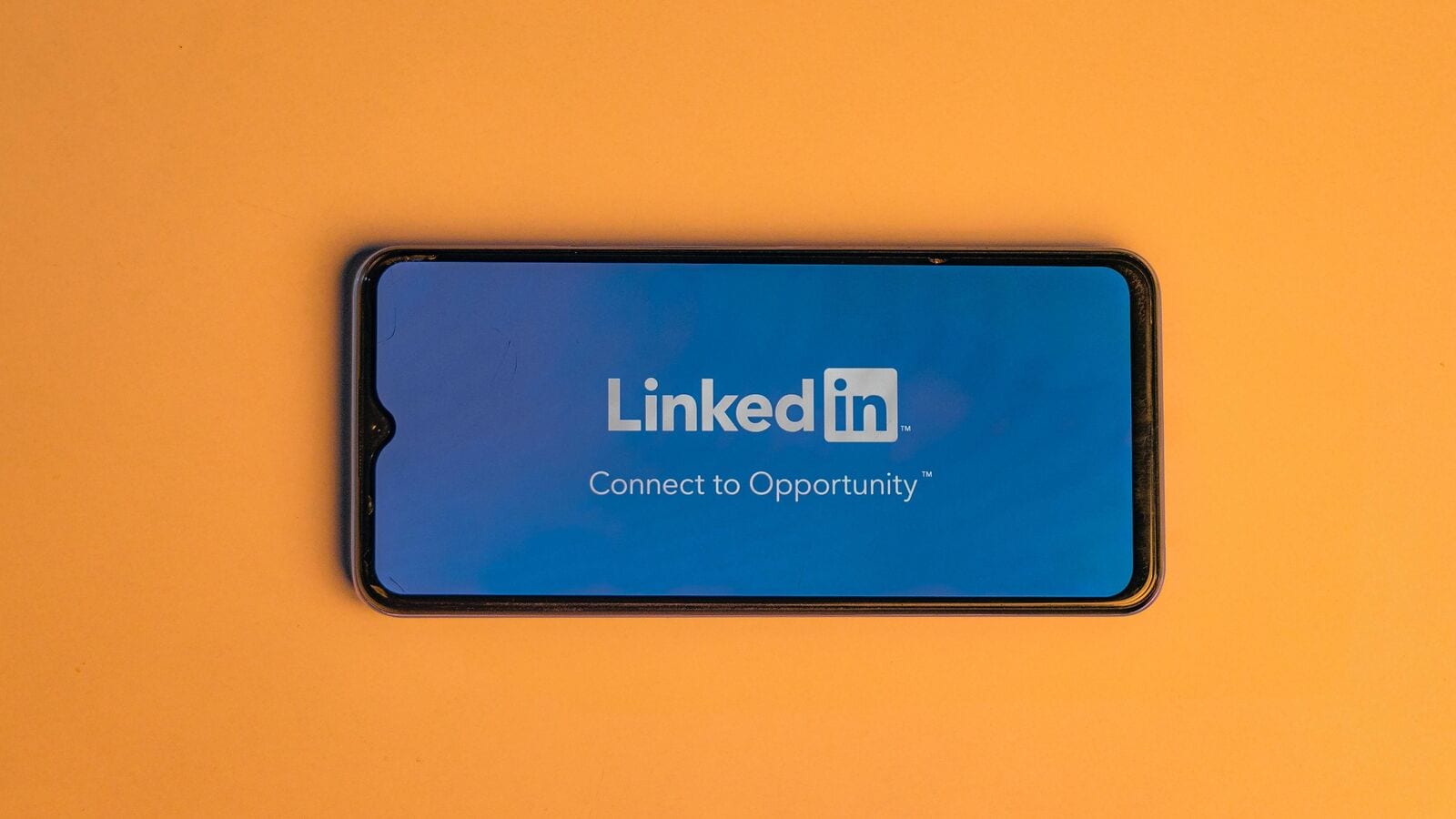Data Privacy Breach: LinkedIn Hit with €310 Million Fine by Irish Regulators
In today’s digital era, where online interactions are as common as morning coffee, we find ourselves entangled in a web of privacy, data, and yes, even fines. Recently, a splash of alarming news emerged concerning LinkedIn, the professional networking giant, which was slapped with a staggering €310 million fine by Irish regulators. This hefty penalty raises eyebrows and concerns over data privacy. If you’ve ever thought your information was safe online, brace yourself!
In this article, we will dive deep into the details of this breach, its implications, and what it means for all of us regular folks who navigate the online world for career opportunities, social networking, and much more. So, grab a cup of coffee and let’s dive in!
What Happened? The Breach Explained
When the news broke about LinkedIn’s fine, many of us were left asking the same question: What did they do to deserve such a colossal amount? The issue revolves around data privacy regulations in the European Union, particularly the General Data Protection Regulation (GDPR), which aims to protect users’ personal data.
In 2021, LinkedIn faced scrutiny for unauthorized access to users’ personal data. How did this happen? Well, it appears that a significant amount of data was scraped from users’ profiles by malicious actors. This data scraping involves the use of automated tools to collect information—think of it like someone continuously peeking into your window, taking notes, and then using that information however they see fit. Yikes!
The Data Protection Commission (DPC) in Ireland took this matter seriously, as Ireland is home to many tech giants’ European headquarters. They decided that LinkedIn’s failure to protect user data warranted a financial slap on the wrist—€310 million, to be exact. That’s a lot of coffee!
What is the GDPR and Why Does it Matter?
The GDPR was introduced in May 2018 and serves as a robust framework for data protection rights within the EU. You might be thinking, “Great! But who cares?” Well, if you reside in the EU or interact with companies based there, this matters to you!
Here’s a quick breakdown of GDPR’s key points:
- User Consent: Before a company can collect personal data, it must obtain explicit consent from the user.
- Right to Access: Users are entitled to access their data and know how it’s being used.
- Data Portability: Users can request data to be transferred from one service provider to another.
- Right to be Forgotten: Users can request that their data be deleted when it’s no longer necessary.
We must remember that data is often referred to as the new oil. If used well, it means profitability and growth; if compromised, it poses significant risks to privacy and security. As Anne Brunner, a privacy expert, puts it, "Data protection is not just a regulatory requirement; it’s essential for building trust."
Understanding the Fine: Breaking Down the Numbers
Here’s where our heads start spinning. €310 million! That’s your run-of-the-mill budget for a small tech startup or a massive dinner party with all your friends (hey, what’s a party without lobster?).
But what does this fine really represent? According to the DPC, this amount reflects the severity of the breach and LinkedIn’s negligence in protecting user data.
Comparison Table: Previous Fines in Data Breaches
| Company | Fine Amount | Year | Reason for Fine |
|---|---|---|---|
| €500 million | 2019 | Data misuse and privacy violations | |
| €50 million | 2020 | Failure to properly manage user data | |
| €225 million | 2021 | Lack of transparency | |
| €310 million | 2023 | Data scraping and security failure |
This table shows that LinkedIn is now part of the club of data breach fines, but they’ve outdone many others.
Economic Impact of This Fine
To put the fine in perspective, we should consider:
- Cost to consumers: Companies often pass these fines to users in the form of higher prices or reduced services.
- Shareholder confidence: Investors might worry about LinkedIn’s ability to protect data, which could affect stock prices.
The Implications of Data Privacy Breaches
When a big player like LinkedIn falters, what does it mean for the rest of us? Well, it sends a loud and clear message that data privacy matters, and companies need to step up their game.
Consumer Trust
One of the most direct effects of data breaches is a loss of trust. We all know that feeling when a business gets caught with its hand in the cookie jar. “Can I trust this platform with my resume and professional details now?”
According to a survey by Cybersecurity Insiders, over 80% of users say they would abandon a brand after a data breach. So, companies better be careful because as customers, we hold the power.
Regulatory Scrutiny
Expect frantic meetings at LinkedIn’s headquarters. The DPC’s decision on LinkedIn will likely lead to increased scrutiny on other firms operating in the EU. They’ll start evaluating their practices to avoid hefty fines and potential PR disasters.
What LinkedIn Has to Say About It
In response to the regulatory action, a spokesperson for LinkedIn, while trying to maintain an air of authority, stated, “We’re committed to data protection and privacy and are actively improving our security measures.”
Sure, it’s easy to say that, but can actions speak louder than words? With the fine looming over them, LinkedIn has a lot to prove if they wish to regain user trust while keeping the data protection wolves at bay.
What Does This Mean for Users?
So as users, we have to ask ourselves: Are we taking enough precautions to protect our information online? With this recent fine against LinkedIn, it’s clear that we must be vigilant about our data.
Tips to Protect Personal Data Online
Here are some best practices:
- Use Strong Passwords: Passwords should be difficult, like your high school math teacher.
- Enable Two-Factor Authentication: This extra layer adds security. It’s like a bodyguard for your account.
- Be Cautious with Sharing Personal Information: Before you click ‘Share’, ask yourself if it’s worth the risk.
Public Reaction and the Internet’s Two Cents
Naturally, the Twitterverse had a field day when LinkedIn received its fine. Memes and jokes flooded social media, with hashtags like #LinkedInFail making the rounds.
One witty Twitter user wrote, “I thought LinkedIn was the only place where my career could get scraped, not my DATA!” Humor aside, this breach resonates with many, reminding us to take data privacy into our own hands.
What Should LinkedIn Do Moving Forward?
Now that the public and regulators have their eye on LinkedIn, it’s time for them to start learning from their mistakes—hey, we’ve all been there!
- Strengthen Security Measures: Invest in state-of-the-art technology to protect user data.
- Transparent Communication: Keep users informed on how their data is being protected and any breaches.
- Employee Training: Ensure that staff are well-versed in data protection obligations.
Conclusion
As we wrap up our deep dive into LinkedIn’s €310 million fine, we’re left with several lessons. Data privacy is an ever-evolving challenge that demands our attention. As users, we must navigate the online world cautiously. For companies like LinkedIn, it’s now more crucial than ever to safeguard user data, showing us that trust is not given; it is earned.
While this incident serves as a somber reminder, it also encourages us to be proactive and empowered. So the next time you post your expertise or professional goals online, remember to keep your personal data locked tighter than the candy jar on Halloween!
Key Takeaways:
- LinkedIn was fined €310 million due to a data privacy breach involving users’ data scraping.
- The GDPR aims to protect users in the EU and requires companies to secure explicit consent for data collection.
- User trust is vital, and companies must prioritize protecting personal information.
- Cybersecurity is not just a corporate responsibility but a shared one between companies and their users.
As we continue to engage in this digital age, let’s keep the conversation alive about data privacy, ensuring our information remains as secure as we wish our cupcakes to be at a party!


